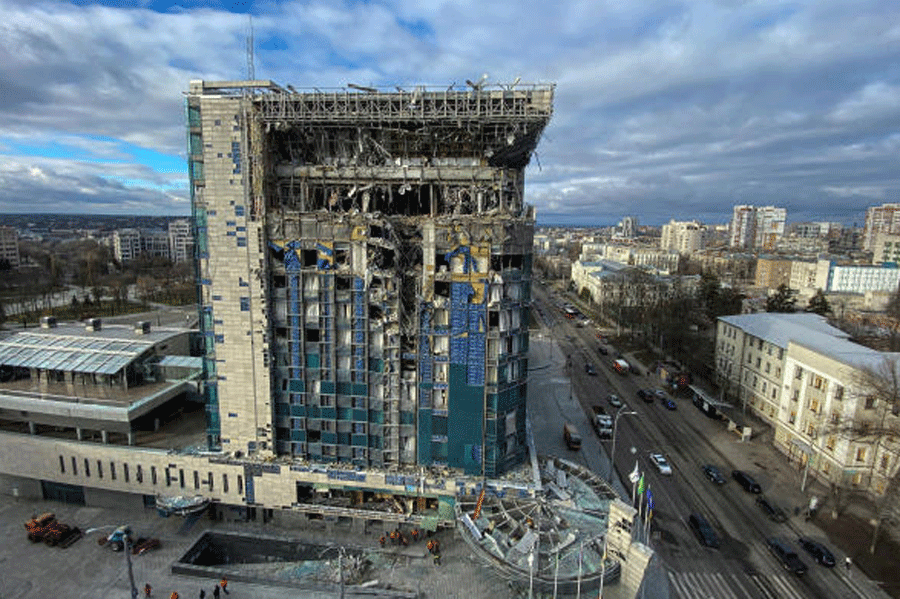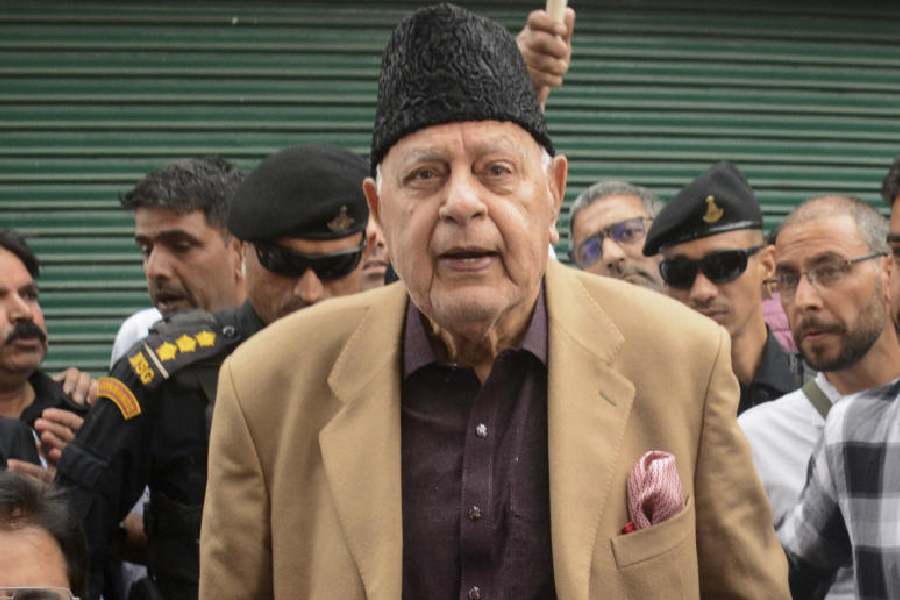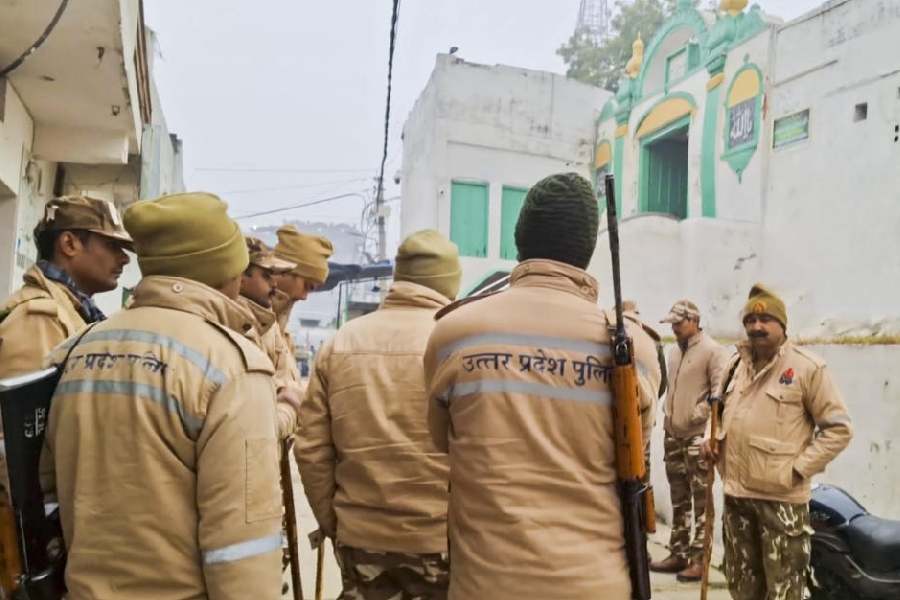The saboteurs managed to place four explosives on a Russian freight train carrying diesel and jet fuel, roughly 3,000 miles from the Ukrainian border. But more important than the destruction of the train, Ukrainian intelligence officials said, was the timing of the blast.
They needed it to blow up as the 50 rail cars were travelling through the nine-mile-long tunnel through the Severomuysky mountains, the longest train tunnel in Russia.
The Ukrainians were hoping to compromise a vital conduit for weapons being shipped to Russia from North Korea, at a moment when Ukrainian forces on the front are struggling to stave off relentless Russian assaults. Trains can be replaced and tracks quickly repaired. But serious damage to this tunnel, which took decades to build, might not be so easy to fix.
Russia and Ukraine continue to battle on a large scale, both on the ground and with aerial strikes. Russian officials accused Ukraine of attacking a Russian city, Belgorod, on Saturday, killing at least 20 people and injuring more than 100, in apparent response to a huge Russian missile barrage on several Ukrainian cities the day before.
But guerrilla tactics — including sabotage, commando raids, targeted assassinations and attempts to blow up ammunition depots, oil pipelines and railways — have taken on added importance as the two sides fail to make substantial advances at the front.
So at 5.20pm on November 29, a fire ripped through the tunnel, Russian Railways reported. Russian media broadcast footage of flames around the tunnel entrance, and officials said the explosion was caused by “the detonation of an unidentified explosive device”.
A second explosion on an alternate train route nearby followed within 48 hours. Combined with other acts of sabotage in Russia and behind Russian lines in occupied Ukraine, the explosions signalled Kyiv’s increasing reliance on irregular tactics to assist conventional forces desperately defending against intensifying Russian assaults.
“The war in Ukraine is changing right now, as Ukraine increases the number of guerrilla operations against Russian forces and decreases conventional operations,” said Seth G. Jones, an analyst at the Centre for Strategic and International Studies who previously served as an adviser to the commanding general of the US Special Operations Forces in Afghanistan. “The goal is to deliver death by a thousand cuts.”
Russia, with three times the population of Ukraine and a far larger military-industrial complex, currently has the advantage in conventional warfare, especially with sustained western military assistance for Ukraine in doubt. But military analysts point out that an occupying power is historically more vulnerable to attacks by saboteurs working for, or sympathetic to, the country under invasion. And the Kremlin’s scorched-earth campaign in Ukraine continues to fuel resistance in occupied territories.
With attacks on Russian occupation officials continuing, the Ukrainian National Resistance Centre, which was created by Ukraine’s military to train and coordinate partisan networks in occupied territories, said this month that Russia is dedicating an increasing number of elite forces to rooting out the underground groups.
Despite the heightened vigilance, Ukrainian partisans said they managed to blow up a freight train on December 15 as it was transporting ammunition and fuel from Russian-occupied Crimea to Melitopol, in southern Ukraine. While Ukrainian officials often say little about operations inside Russia, this time they wanted the Kremlin to have little doubt about who was behind the attacks.
“Russian special services should get used to the fact that our people are everywhere,” a senior official with the Ukrainian intelligence service, known as the SBU, said after the second rail attack.
The Russian security services, known as the FSB, said soon afterwards that they had detained two people suspected of organising several arson attacks on behalf of Kyiv, including one man they said installed magnetic mines on the train that exploded in the tunnel.
Russian Railways claimed that 120 workers cleared the tunnel in a matter of days and said that train traffic had resumed. Ukrainian intelligence officials said it could take months to properly restore the mountain pass to full working order. It is impossible to verify either account.
New York Times News Service











